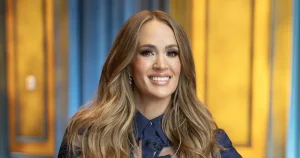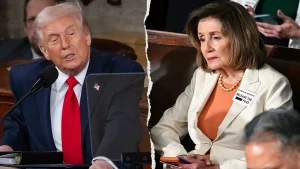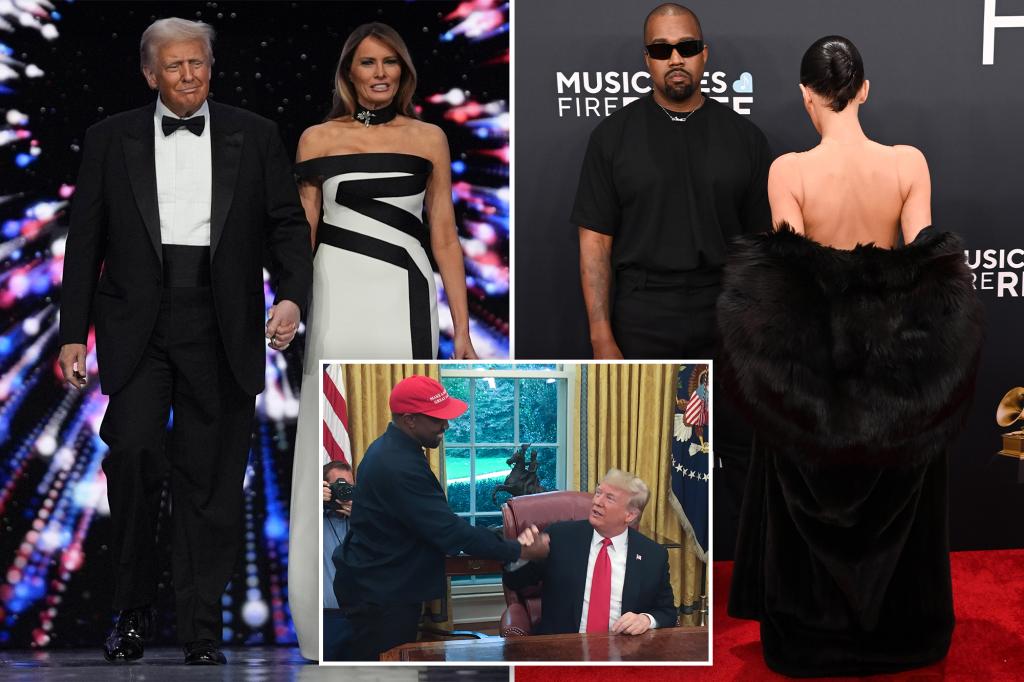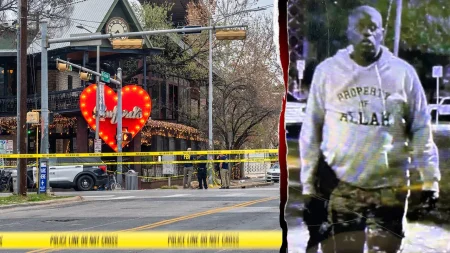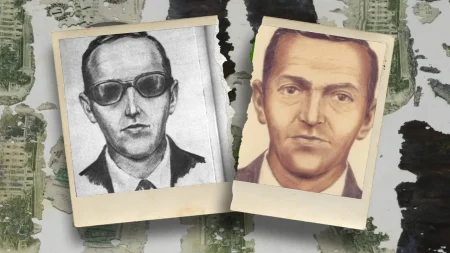Kanye West’s tumultuous relationship with public opinion, fueled by controversial statements and actions, took another turn with the revelation of his absence from President Donald Trump’s inauguration in 2025. While West has publicly expressed admiration for Trump, his non-attendance was attributed to a request for yet another apology for his antisemitic remarks. This demand, perceived by West as “censorship stigma,” became the sticking point that prevented him from participating in the inauguration festivities. This incident further underscores the complex interplay between West’s personal beliefs, his public persona, and the consequences of his often inflammatory rhetoric.
West’s history with antisemitic pronouncements has been a recurring theme. His comments surrounding the inauguration followed a previous apology issued to the Jewish community in December 2023, following a series of antisemitic outbursts during the promotion of his album “Vultures.” This apology, posted on Instagram in Hebrew, expressed regret for any unintentional hurt caused by his words and actions and pledged a commitment to greater sensitivity and understanding in the future. However, this act of contrition was preceded by another antisemitic tirade in Las Vegas, during which he invoked figures like Trump, Jesus, and Adolf Hitler, raising questions about the sincerity and depth of his remorse.
The requested apology for the inauguration represents a significant moment in West’s ongoing struggle with the repercussions of his controversial statements. His refusal to issue another apology suggests a resistance to further public censure and potentially a belief that he had already sufficiently addressed his previous transgressions. This stance also highlights the inherent tension between the demands of public accountability and the right to freedom of expression, a debate that West’s actions consistently ignite.
West’s relationship with Donald Trump adds another layer of complexity to this narrative. Despite Trump’s acknowledgment of West’s “complicated” nature and his potential to “get some people into trouble,” the former president also expressed a personal fondness for the rapper, describing him as having a “good heart.” This seemingly contradictory assessment reflects the broader public reaction to West, a figure who simultaneously attracts both condemnation and admiration. Trump’s remarks, made in August 2024, suggest a willingness to overlook West’s controversial behavior, perhaps due to a shared affinity for challenging conventional norms and provoking public discourse.
The incident surrounding the inauguration apology underscores a broader pattern in West’s public life. His career has been marked by a series of controversial statements and actions, including his interruption of Taylor Swift at the 2009 MTV Video Music Awards, his proclamation that “George Bush doesn’t care about black people” in the aftermath of Hurricane Katrina, and his more recent expressions of support for controversial political figures. These incidents, often punctuated by periods of apparent contrition, contribute to a public perception of West as a volatile and unpredictable figure. This perception, in turn, influences the reactions to his artistic output and public pronouncements.
The request for an apology in connection with the inauguration highlights the ongoing tension between West’s desire for self-expression and the societal expectation of accountability for harmful rhetoric. His refusal to comply suggests a defiance of these expectations and a potential belief that his previous apologies were sufficient. This incident further complicates the public perception of Kanye West, reinforcing his image as a complex and controversial figure who continues to navigate the precarious balance between artistic license and social responsibility. His actions continue to spark debate about the boundaries of free speech, the consequences of hate speech, and the role of public figures in shaping social discourse.

